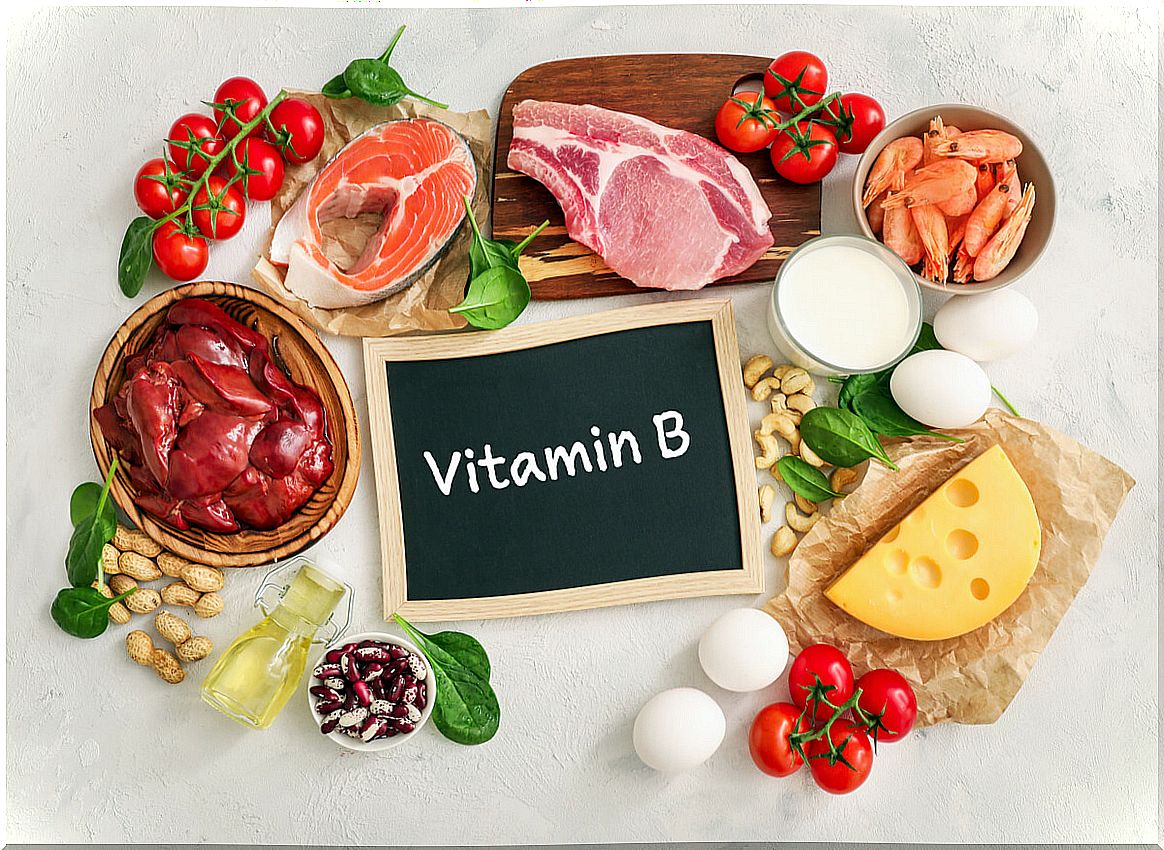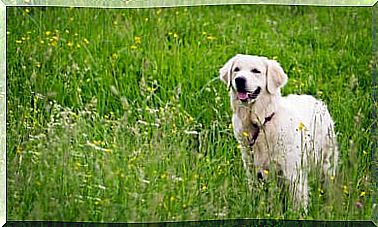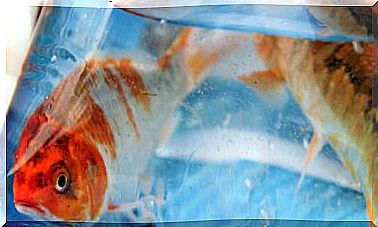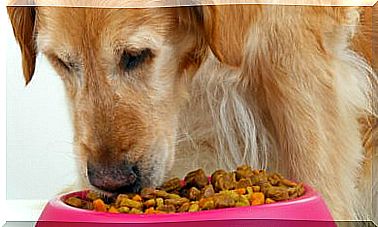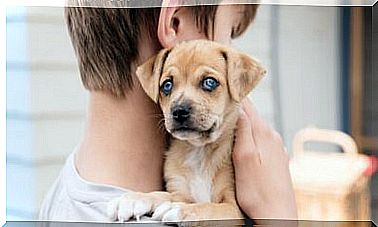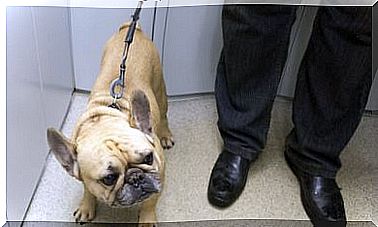What Is The Importance Of Vitamin B In Pets?
Like the rest of vitamins, all those that belong to group B carry out very important functions in the body of living beings.
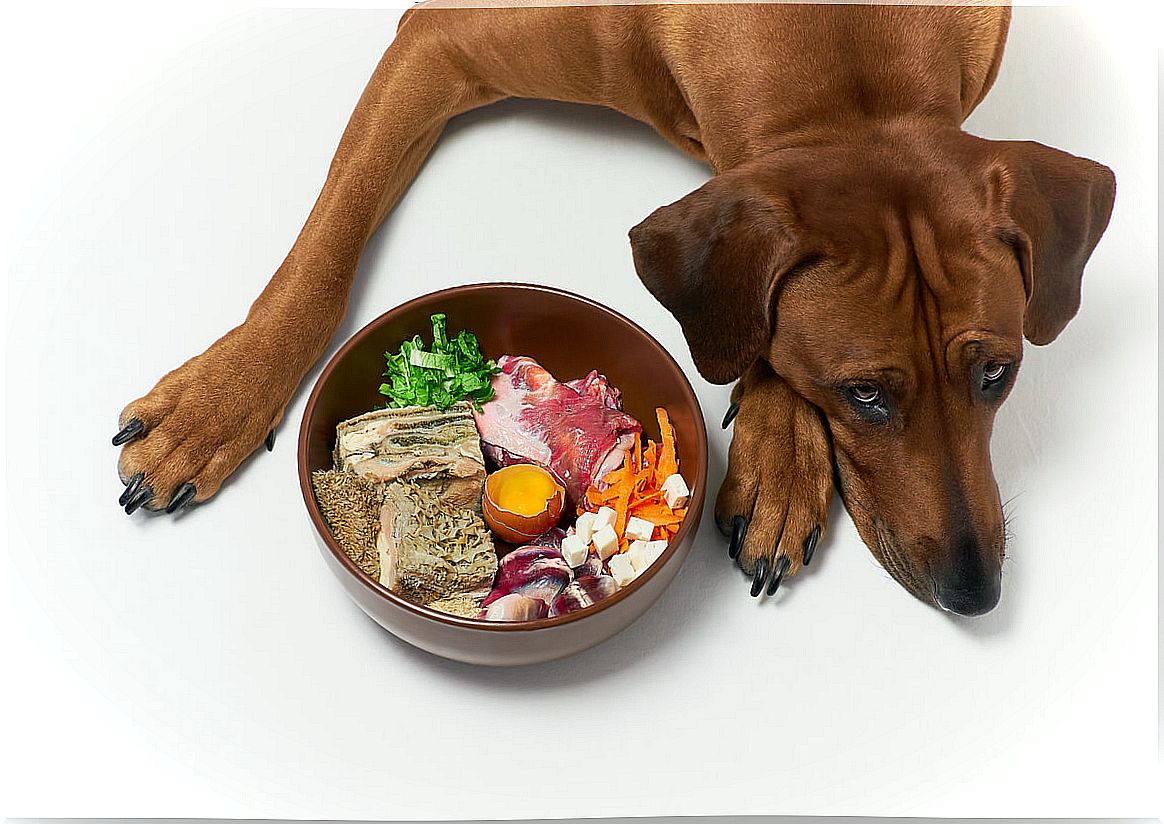
Symptoms of vitamin B deficiency in pets
- Increased risk of infestation: an animal with a deficiency in vitamin B will be more likely to be bitten by fleas, ticks or flies. This is because the skin is the main tissue affected by vitamin B deficiency.
- Motion sickness or dizziness caused by the body’s own movement.
- Constipation.
- Weight gain.
- Hair loss and the appearance of skin problems.
- Premature aging.
- Changes in behavior such as aggressiveness, fear, anxiety or shyness.
- Increased cholesterol
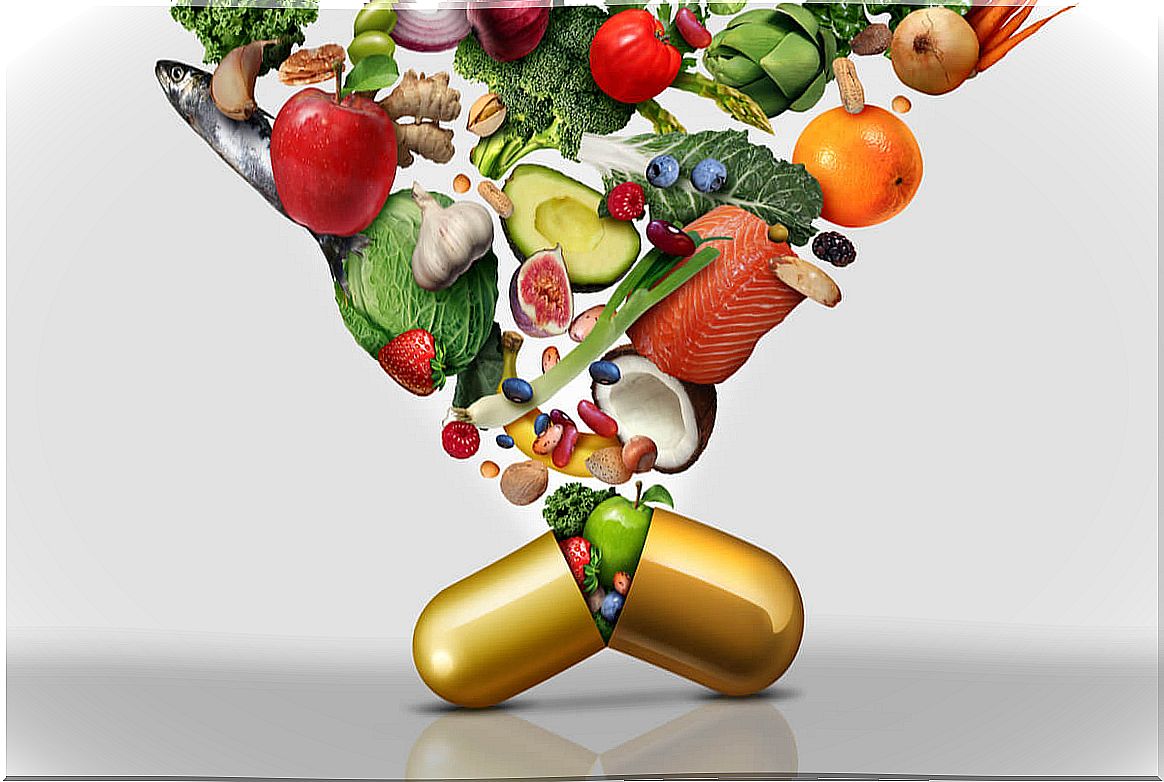
B vitamins
Importance of vitamin B in the skin of pets
- Pantothenic acid (B5) participates as a coenzyme in many metabolic pathways aimed at the synthesis of fatty acids, which are very important in skin health.
- Vitamin B7 or inositol, together with choline —another type of vitamin B—, collaborates in the formation of cell membranes.
- Niacin, or B3, is necessary for cellular respiration — the respiration that cells perform through the mitochondria for energy — and for the skin to remain supple.
- Histidine (amino acid) acts on the growth and maturation of epithelial cells known as keratinocytes.
- Finally, riboflavin or vitamins B2 act at the level of the mucous membranes and ocular tissues.
Vitamin B12 and its benefits for pets
